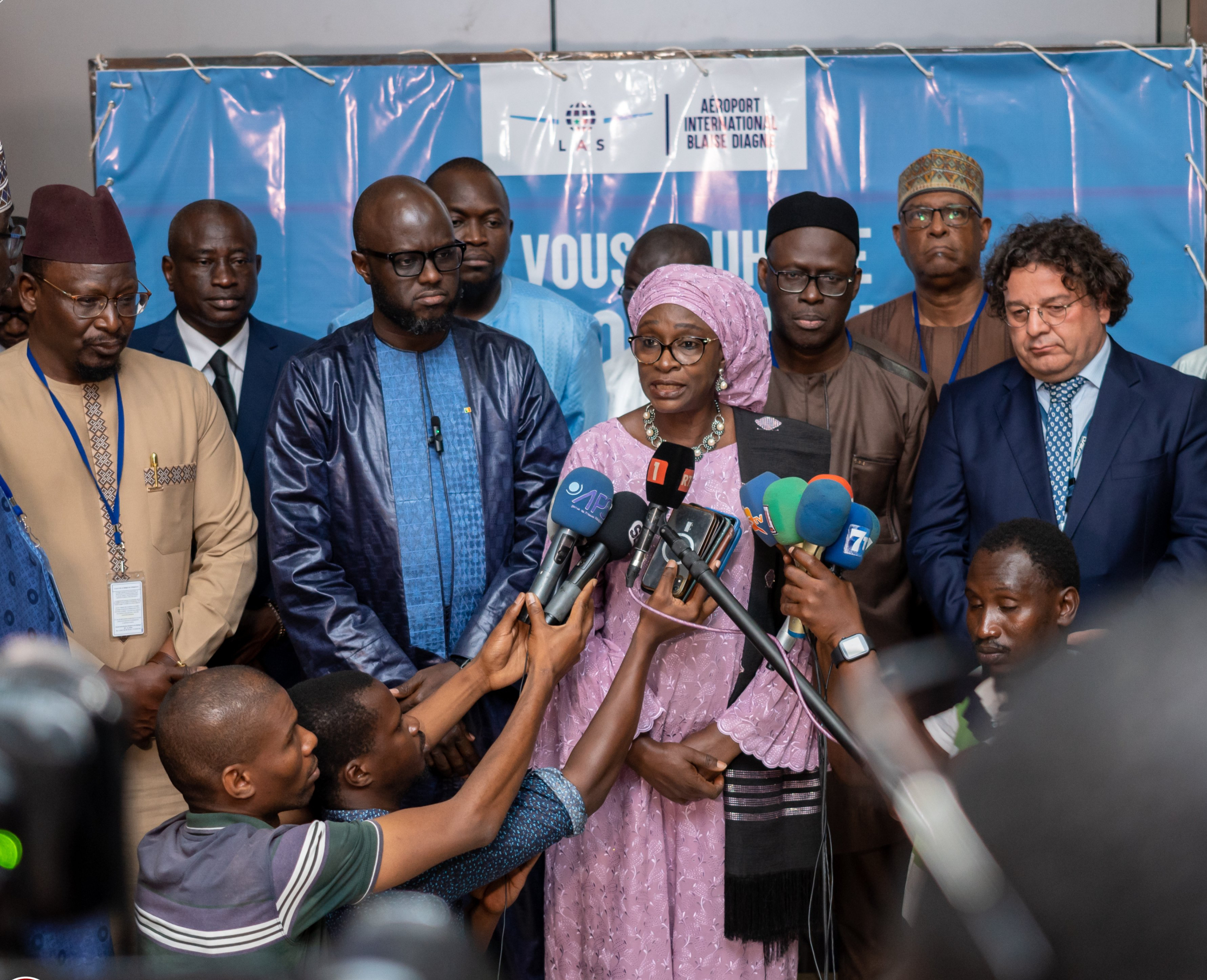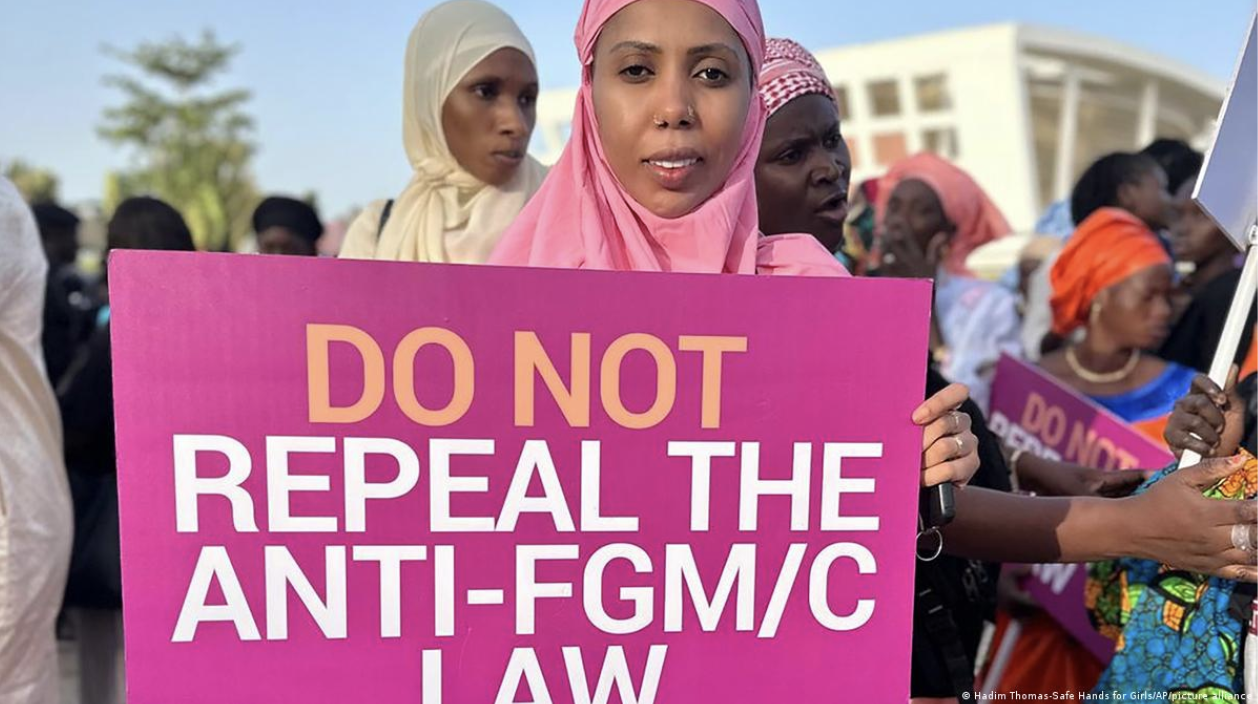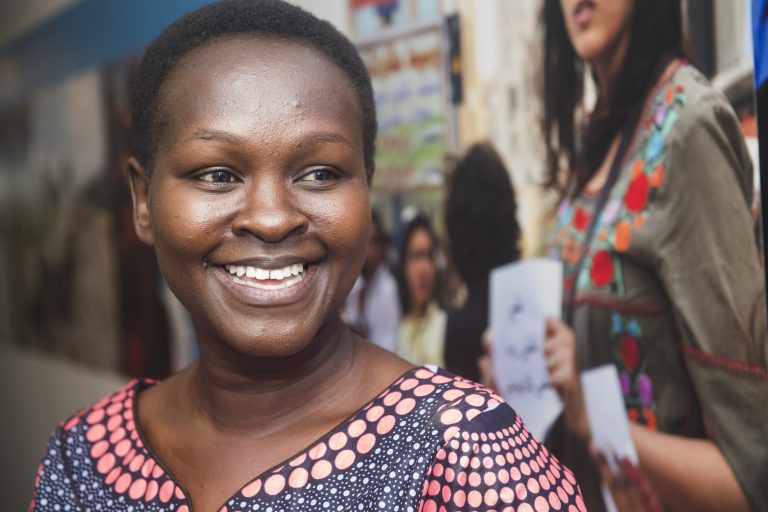We are excited to announce that Brink is now part of Africa Practice. Learn more
Roe vs Wade reversal: Implications for Africa

The impact of US government decision-making seldom remains within the confines of its borders: its policies often serve as a model for other countries around the world or may be deliberately exported.
With the June overturning of the landmark 1973 Roe v. Wade ruling, can we expect galvanised anti-abortion movements in African countries?
Legacy of the Global Gag Rule
The legacy of the US Global Gag Rule provides clear evidence of the ways in which US influence can negatively impact the reproductive rights of women in developing countries. The Global Gag Rule – officially known as the Mexico City Policy – prevented foreign NGOs receiving US funds for family planning assistance from providing legal abortion services or referrals, and from advocating for abortion law reform. The policy was enacted by President Ronald Reagan in 1984, and has alternately been rescinded by Democrats or implemented by Republicans.
In 2019, under President Donald Trump, the policy was expanded, where all US global healthcare funding, not just reproductive assistance, could be withheld. This included funding for HIV under the US President’s Emergency Plan for AIDS Relief (PEPFAR), malaria, and maternal and child health. While the rule was revoked by President Biden in 2021, unless it is finally repealed in Congress, it can be re-introduced at a moment’s notice by future administrations.
NGOs operating in Africa were forced to choose between providing comprehensive sexual and reproductive information and services, or accepting US funding to continue providing other healthcare services. The lack of funding disrupted public healthcare systems, reduced the scope of family planning services, and led to clinic closures and staff layoffs. Women seeking abortions were forced to travel further to obtain terminations, or turned to unsafe providers. Health workers engaged in less community outreach, and organisations spent more time on fundraising instead of implementation. A 2020 Kenyan study even found that local government officials were using the US position to restrict conversations around abortion in official meetings.
Overall, there was a 14% reduction in modern contraceptive use, a 12% increase in pregnancies, and a 40% increase in abortions, according to a study of 26 countries in sub-Saharan Africa while the Global Gag Rule was in operation from 2001–2008. (Compared to the time periods 1995–2000 and 2009–2014 when the rule was not in effect.) Those most impacted were the most marginalised in society – poor women with access to few resources.
Impact of overturning Roe vs Wade
Some policy-makers will use developments in the US to bolster their own opposition to abortion access, and sexual and reproductive health rights (SRHR) as a whole. In response, there may also be a renewed call-to-action for continental SRHR advocates who are witnessing both the current impact of restricted abortion access in the US and the legacy of the gag rule.
The current UN Special Rapporteur on the Right to Health, South Africa’s Dr Tlaleng Mofokeng, described the decision to overturn Roe v. Wade as one that was bound to:
“Legitimise the use of morality and theological reasoning to take away human rights, empower anti-rights activists globally, criminalise the practice of medicine, undermine the doctor-patient relationship and expose healthcare providers and patients to heightened abuse and violence.”
Codifying the right to abortion in Africa
Currently, there are 12 countries in Africa where abortion is outlawed with no exceptions, and another ten where it is permitted to save the life of a woman. There are only four countries – South Africa, Cabo Verde, Tunisia and Mozambique – where abortion is permitted, but with gestational limits. The rest fall somewhere in between.
So far this year, we have seen some more positive developments on the reproductive health front. In the beginning of July, Sierra Leone’s President Julius Maada Bio announced his government had unanimously backed a bill that would decriminalise abortion in the country. Meanwhile, in Kenya, where conservatives have been increasingly vocal in their opposition, a High Court ruling in March affirmed that women’s access to safe abortion services is a human right as enshrined in the country’s constitution. The court directed parliament to fast-track legislation that provides for access to safe abortion for women, in line with constitutional provisions.
Despite this, the government’s new National Reproductive Health Policy (2022-2032), launched in July 2022, fails to provide guidance on how to handle cases of safe and legal abortions. Meanwhile, the issue of unsafe abortion – one of the leading causes of maternal mortality and morbidity – is not addressed at all, sparking strong pushback from civil society.
The Kenyan High Court Ruling and decriminalisation bill in Sierra Leone give hope that the trend in Africa is towards the recognition of reproductive rights, rather than continued restriction, acknowledging the bodily autonomy of those capable of giving birth, and their right to decide whether to do so.
About the author:
Hannah Atkins is an associate consultant at Africa Practice. She works with various clients across sub-Saharan Africa, conducting research, providing analysis and insights, and supporting stakeholder engagements. She can be contacted at [email protected].
Proud to be BCorp. We are part of the global movement for an inclusive, equitable, and regenerative economic system. Learn more


